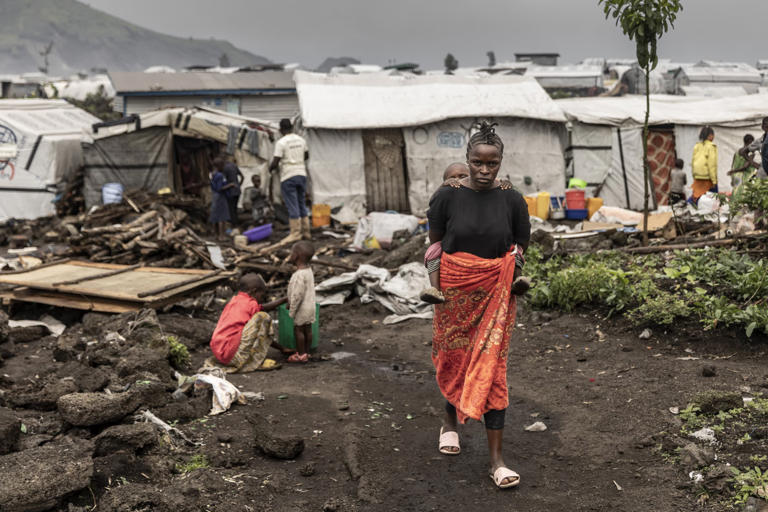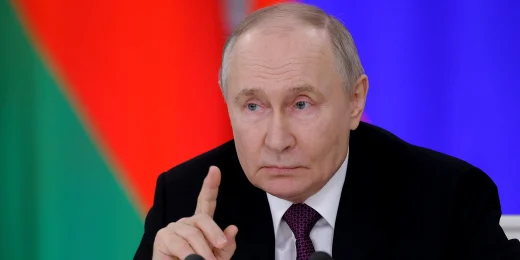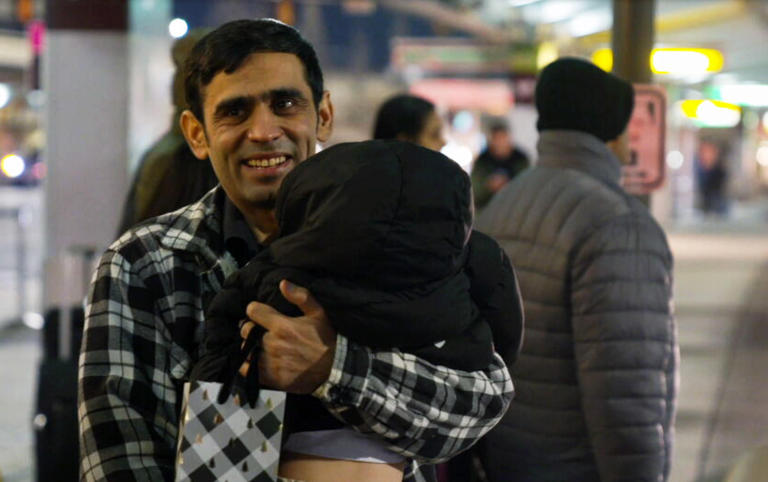U.N. Chief Warns of Impact from U.S. Funding Cuts

The U.N. humanitarian affairs chief is sounding the alarm about major cuts to foreign aid, especially from the U.S. He called it a “seismic shock” that will lead to a lot of people suffering, and many could die because of the drying up of aid.
Tom Fletcher, the U.N. emergency relief coordinator, said that the goal is to help 100 million out of the 300 million people in desperate need of help worldwide this year. But, with the funding cuts, they’ll have to make every penny count and come up with new ways to get support.
Fletcher shared his concerns as the U.S. has been reducing its funding to programs aimed at helping others. The Trump administration dismantled the U.S. Agency for International Development (USAID), cutting billions in funding for aid. As a result, much of the funding for humanitarian efforts is frozen, making it harder for relief organizations to do their jobs.
The U.S. government typically funds a large portion of the world’s humanitarian efforts, but now, with these funding cuts, many programs have been shut down or delayed. It’s left organizations scrambling to find new sources of funding and rethink their approaches.
One of the biggest impacts is being felt in places like Gaza, where aid distribution has ground to a halt. U.N. officials are urging Israel to allow aid to resume to prevent even more devastation in the area.
Fletcher admitted that the aid system has had its own issues, too. He pointed out that there’s a need for better coordination and fewer overlapping services to make the most out of the funds available. He also emphasized that the world can’t rely too heavily on U.S. donations and will need to look for help from other countries and private donors.
This shift in funding isn’t just a crisis it’s a wake-up call for humanitarian agencies to find new ways to work together and do more with less.







jzfrvu
The situation with foreign aid cuts is deeply troubling. It’s alarming to see how much impact these reductions will have on vulnerable populations worldwide. The U.N.’s efforts to help 100 million people are commendable, but the funding crisis makes it feel like an uphill battle. I wonder if alternative solutions, like relying more on private donors, can truly bridge the gap left by U.S. aid cuts. The halt in aid distribution in places like Gaza is heartbreaking—what can be done to ensure essential supplies reach those in dire need? It’s clear the system needs reform, but is there enough global will to make it happen? What’s your take on how we can better coordinate efforts to maximize the impact of available resources?
We’ve integrated libersave into our regional voucher system. It’s amazing how easily it brings together various providers on one platform, making it simpler for everyone to access support. Whith regards, TALKO